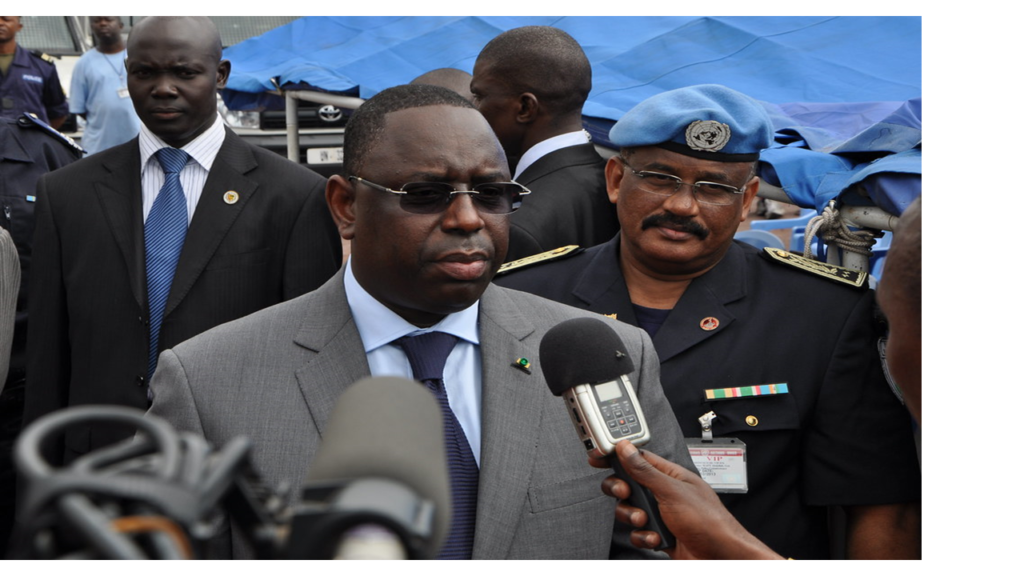
Dakar, Senegal – In a highly anticipated decision, President Macky Sall of Senegal revealed on Monday that he will not seek a third term in the upcoming presidential elections, setting the stage for a wide-open race to lead the West African nation. This development comes at a crucial time for Senegal, which is on the verge of becoming an oil and gas producer.
Following Sall’s announcement, neither his party, the Alliance for the Republic, nor the ruling coalition, Benno Bokk Yakaar (BBY), has officially put forward any candidates. However, insiders have identified several potential contenders, including Prime Minister Amadou Ba, former Prime Minister Mahammad Dionne, and Agriculture Minister Aly Ngouille Ndiaye.
The BBY coalition is eager to avoid a lengthy search and primary process, given the imminent deadline of submitting presidential candidates for the February poll, which is just under five months away. “We are already discussing among ourselves,” stated Aymerou Gningue, a former parliament speaker for BBY, on Tuesday. He emphasized the importance of unity and the coalition’s values of solidarity and generosity in reaching a strong consensus for Senegal’s future.
Sall’s decision not to pursue a third term has received widespread commendation, with the United Nations describing it as a “strong demonstration of statesmanship.” African leaders have also praised his move. Critics of Sall had argued that seeking a third term would have been illegal.
BBY, in a statement, lauded President Sall and assured the Senegalese people that the ruling coalition possesses all the necessary resources to maintain their trust. However, BBY is likely to face a divided field, as several opposition politicians have already expressed their intentions to run for the presidency.
One of the prominent figures whose candidacy remains uncertain is firebrand opposition leader Ousmane Sonko, who finished third in the 2019 election. Sonko recently faced a two-year jail term for alleged immoral behavior towards a woman under the age of 21, a charge he vehemently denies. The sentencing triggered widespread protests and violence across the country.
Other potential contenders include former Prime Minister Idrissa Seck, who secured the second position in the 2019 presidential poll, and Aminata Toure, another former Prime Minister who left the BBY coalition earlier this year after a public fallout with President Sall.
The field of candidates could expand further as parliament is set to pass bills this week that would allow two opposition figures previously struck from the 2019 voter roll to participate in the upcoming elections.
As Senegal stands at the brink of its potential emergence as an oil and gas producer, the race for the country’s leadership takes on added significance. The coming months will witness intense political maneuvering as various factions and personalities vie for the opportunity to shape Senegal’s future trajectory.
